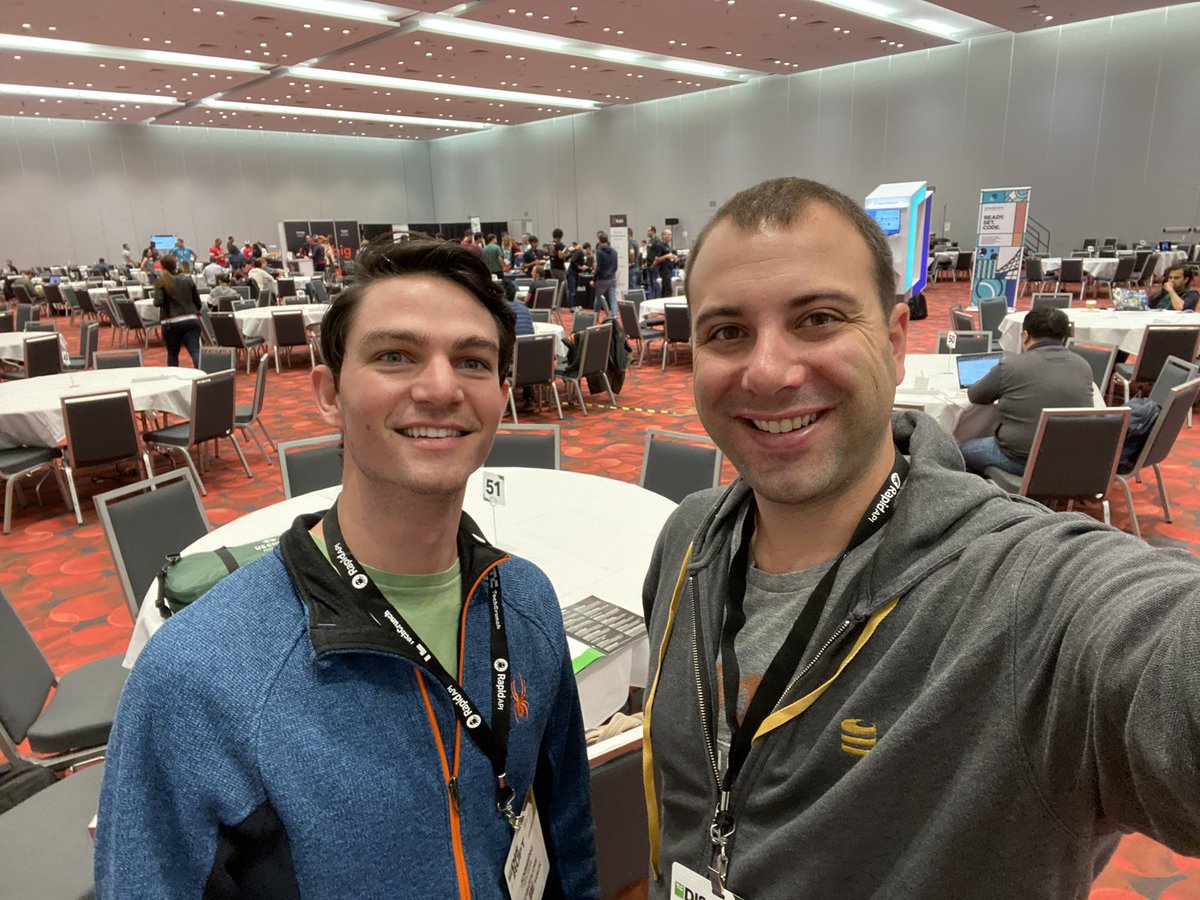Feel free to follow along!
[Warning: this thread may have much meandering.]
As always, I caveat that this is very back-of-the-envelope and invite any/everyone to check my work/math and contribute to the conversation. :)
LDL|N|Survival
0-79|6696|88%
80-119|17275|89%
120-159|12167|88%
160-199|3572|86%
200-999|732|86%
There you go -- higher LDL equals less % survival. ;)
Ah... but there's a couple catches when doing the analysis this way...
LDL|N|Survival|Years followup (total)
0-79|6696|88%|7.2
80-119|17275|89%|8
120-159|12167|88%|8.6
160-199|3572|86%|8.9
200-999|732|86%|9.2
Let's do a poll.
Pretend you follow up Person A in 7.2 years and Person B in 9.2 years and you know nothing else about them. Which is more likely to have died?
But to be sure, followup time is also cut short by death itself as well (ofc)
All cause mortality %
/
Years of followup
=
% Mortality per year
All else being unknown, are people who are younger less likely to die each year than people who are older?
LDL|N|Avg Age
0-79 | 6696 | 45
80-119 | 17275 | 45
120-159 | 12167 | 49
160-199 | 3572 | 51
200-999 | 732 | 51
Each grouping of LDL has an average age that is younger (45) in the low and older (51) in the high
But that can be challenging. I'll see if I can get close by looking at those 50+ w/o statins.
LDL | N | Avg Age | Years followup (total)
0-79 | 1177 | 66 | 6.7
80-119 | 4877 | 65 | 7.6
120-159 | 5200 | 65 | 8.2
160-199 | 1797 | 65 | 8.5
200-999 | 360 | 64 | 8.8
Pretty close, but now low LDL has a bit of offset in avg age at 66 v 64
LDL | N | Avg Age
0-79 | 1177 | 66
80-119 | 4651 | 66
120-159 | 4765 | 66
160-199 | 1572 | 66
200-999 | 304 | 66
Now we add the % mortality per year followup...
LDL | N | Avg Age | Mortality per year follow up
0-79 | 1177 | 66 | 4.64%
80-119 | 4651 | 66 | 3.56%
120-159 | 4765 | 66 | 2.9%
160-199 | 1572 | 66 | 3.15%
200-999 | 304 | 66 | 3.1%
Triad* | 387 | 66 | 2.6%
* LDL ≥ 160, HDL ≥ 50, TG ≤ 100
LDL | N | Avg Age | Mortality per year follow up
0-79 | 362 | 66 | 5.05%
80-119 | 1413 | 66 | 3.7%
120-159 | 1260 | 66 | 2.72%
160-199 | 329 | 66 | 2.93%
200-999 | 44 | 66 | 1.49%
There are no other heart or CVD-related codes that I'm aware of...
LDL | N | Avg Age | Mortality per year follow up | DoH
0-79 | 1177 | 66 | 4.64% | 0.95%
80-119 | 4651 | 66 | 3.56% | 0.61%
120-159 | 4765 | 66 | 2.9% | 0.52%
160-199 | 1642 | 66 | 3.05% | 0.53%
200-999 | 320 | 66 | 2.98% | 0.89%
The skeptic in me speculates a few things...
After that, I can get a better sense on my other questions...
LDL | N | Avg Age | Mortality per year follow up | Heart Disease
0-79 | 677 | 66 | 2.75% | 0.55%
80-119 | 3038 | 66 | 2.52% | 0.4%
120-159 | 3512 | 66 | 2.05% | 0.32%
160-199 | 1196 | 66 | 2.25% | 0.34%
200-999 | 217 | 66 | 2.05% | 0.51%
The 120-159 & 200-999 had the lowest %/per year mortality at 2.05%, the 0-79 group the highest at 2.75% -- even after excluding all deaths within 5 years..
Hope this didn't bore anyone to sleep. Cheers!










